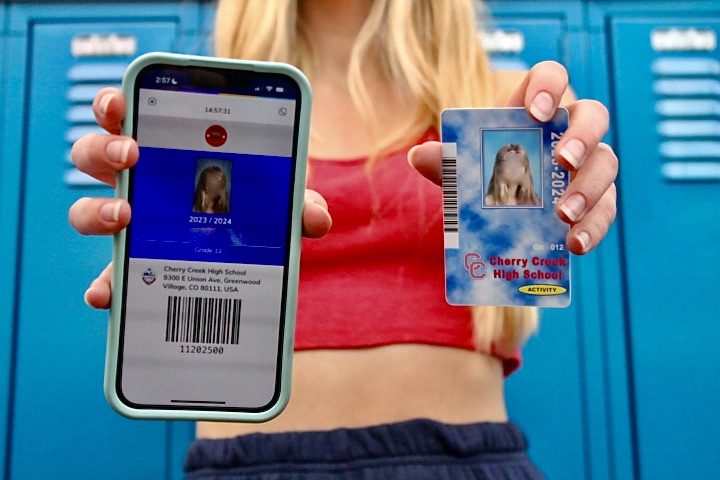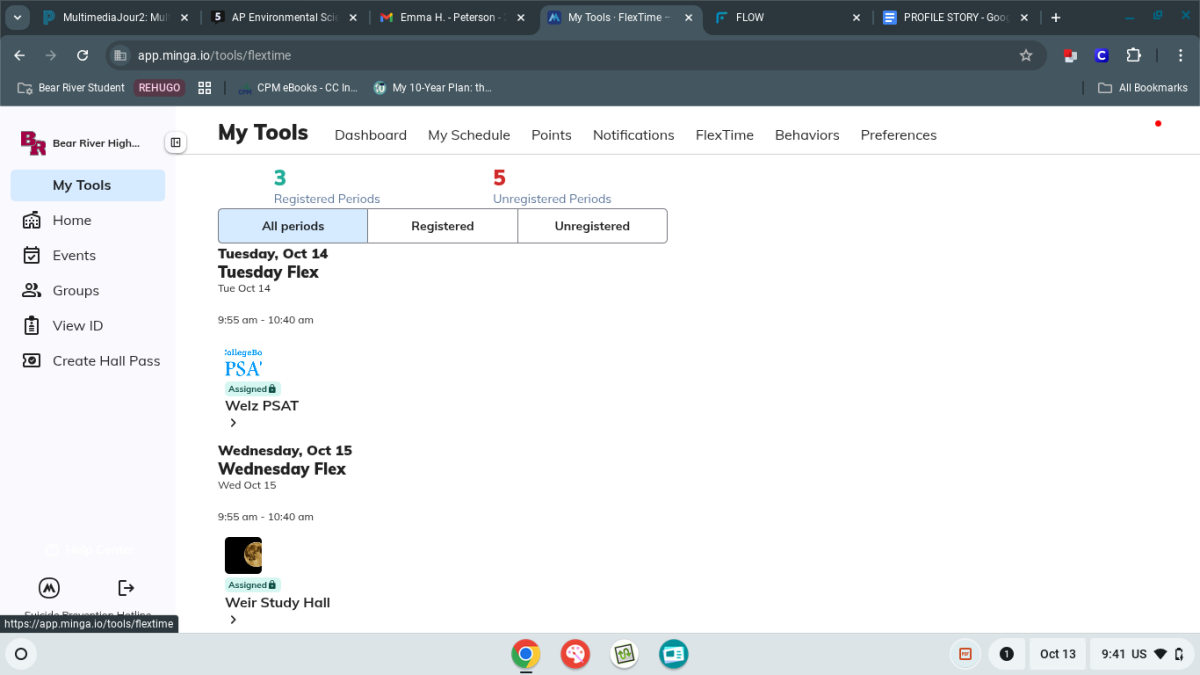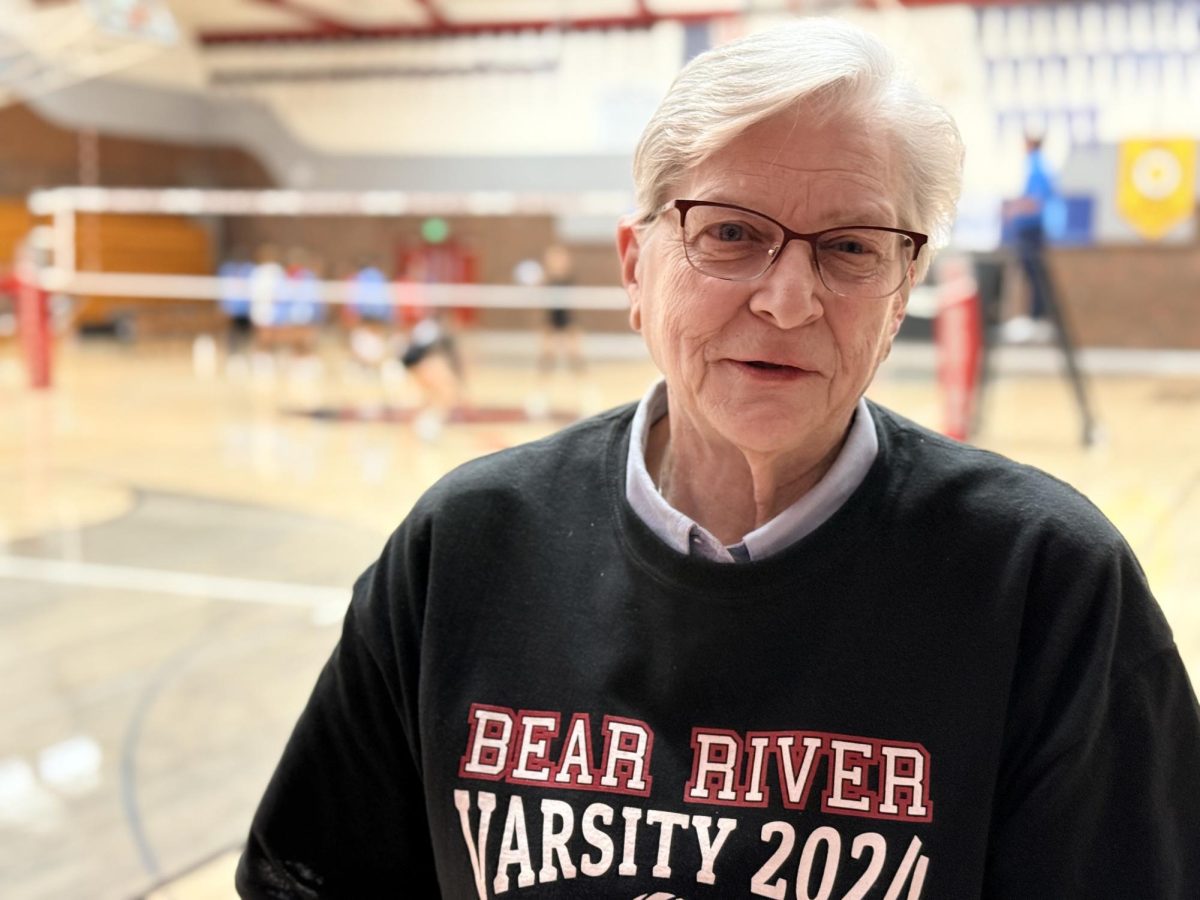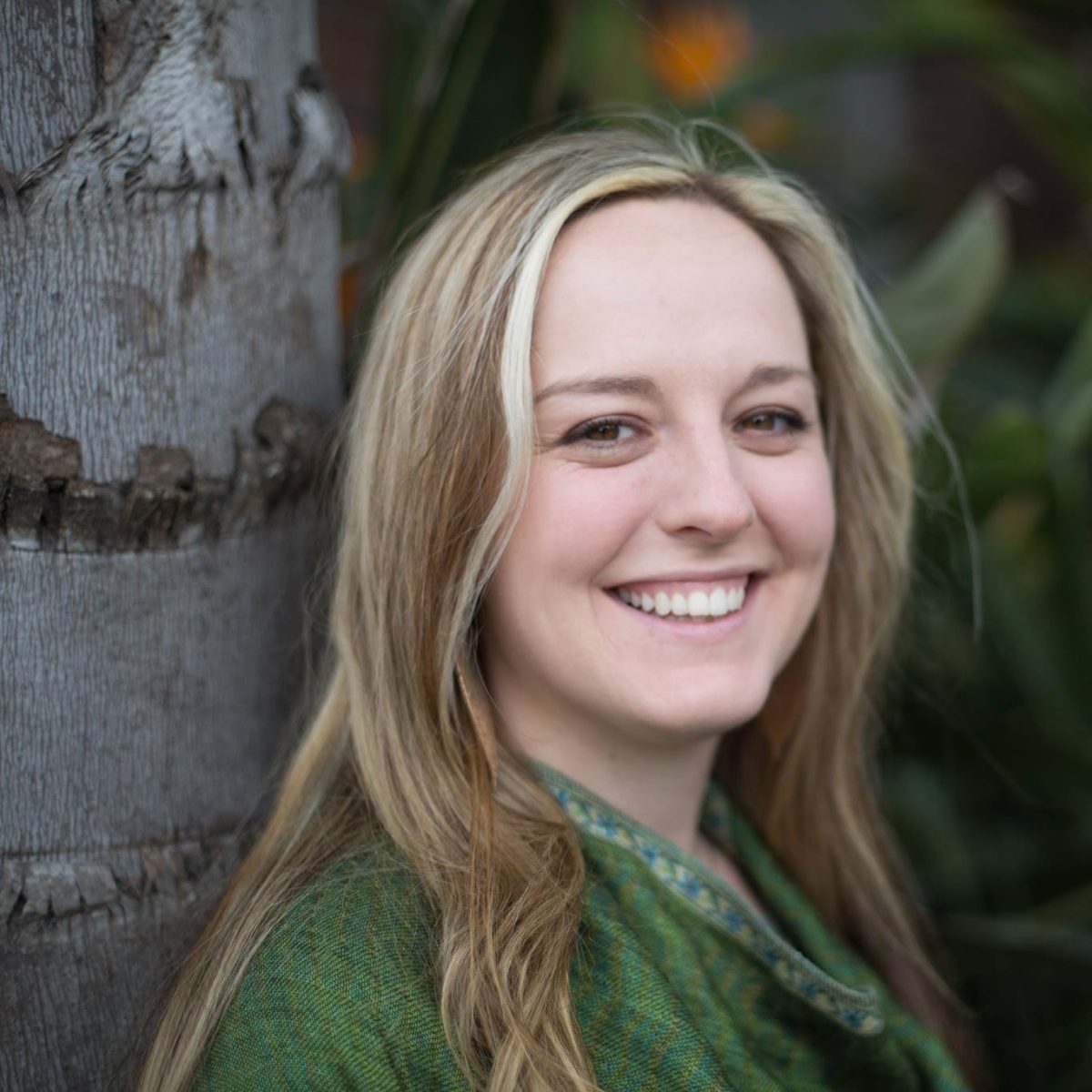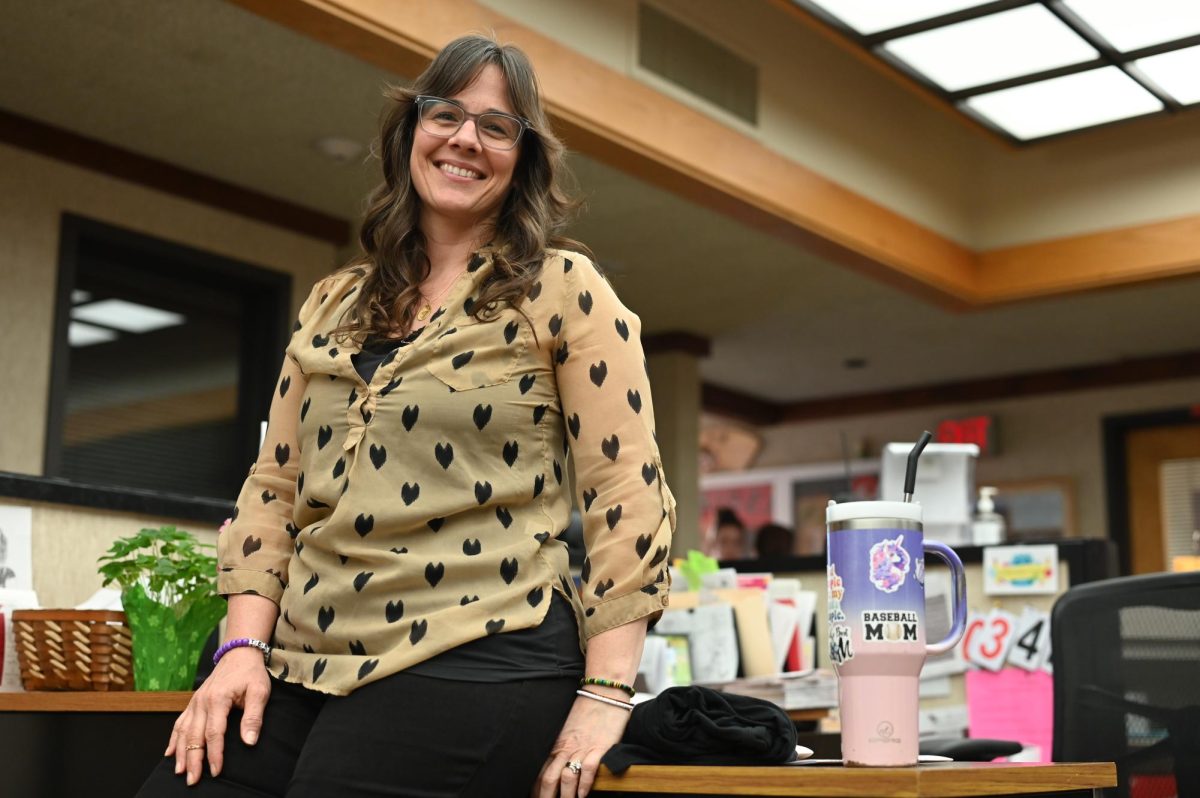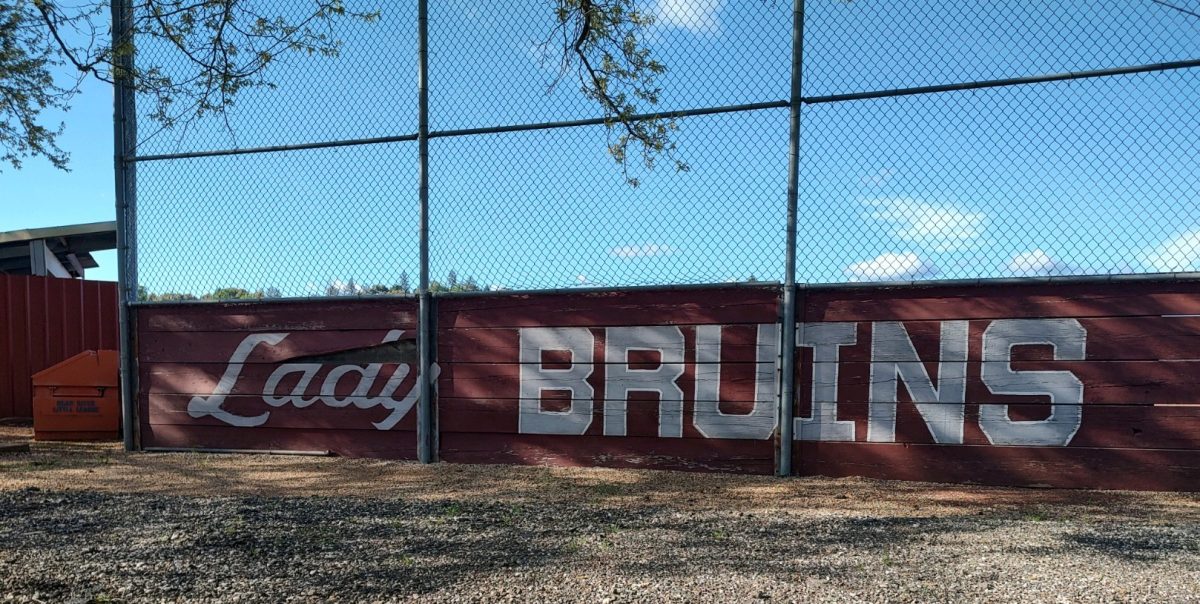It’s that the time of year for students returning to Bear River next year to decide on the classes they plan on taking. For some students, the decision is a matter of taking advanced placement or mainstream classes, another year of science or art. However, some students have very little say in the classes they end up taking with their parents having a great influence regarding the classes they enroll in.
The staff at the Current took a vote on the matter and a majority agreed that parents should not force students to take certain classes.
Counselor Mary Buhr had some thoughts behind why parents sign their students up for classes.
“I think parents have the best interests of their children in mind and believe that the courses they choose will be beneficial for their child,” she said.
She elaborated upon her argument, explaining that the positive and negative aspects of this situation will depend on the student’s attitude on the matter.
“If the student accepts the good intentions of their parents/guardians and invests their time and energy into the class, then the pro would be that they would actually be happy they took the class or be able to tell their parents that they did what they asked and it didn’t work out,” she said. “But if the student is opposed to the parents’ choice and does not engage in the class, the con would be that they would sabotage themselves and their transcript.”
Senior Alyssa Downes, a student who had full authority over which classes she takes, expressed how she would think it would feel to be forced into a class she doesn’t want to take.
“I have been in many classes I don’t enjoy, but it was my decision to take them in the first place. I am lucky I have had parents that never have forced me to take certain classes, but for the kids who don’t have that luxury [of choosing their own classes], [I think] it can be very rough on [their] mental health.”
Other students who have control over their workload feel that the main negative aspect would be taking an unwanted class, including Freshman Riley Lubarsky.
“I think the cons would be not being able to enjoy the class that you may have wanted to be in and having to wait a year to get out of the unwanted class. Another con would be maybe doing work that you feel won’t benefit you.”
Sophomore Caleb McGehee gave his experience in unwanted but required classes.
“It was just boring and I didn’t want to do any of the work. [The class could be] a good class for college but if you don’t do well in it, then that doesn’t matter.”
Downes also expressed her distaste of some of her classes.
“Disliking a class can be very unmotivating,” she said. “I currently have a class this year that I don’t like and I hate going to that class everyday. It really impacts studying and wanting to do good because it’s something I really don’t enjoy and with having limited options at our school, many kids can’t switch out of classes and they get stuck in an unmotivating class that feels worthless.”
On the other hand, Lubarsky touched upon some of the benefits of this arrangement.
“Some pros for taking an unwanted class would be learning to deal with an unideal situation and learning to make the best out of it.”
Mrs. Buhr gave some valuable advice to those stuck in unwanted classes.
“My advice would be to stick it out and give it everything you’ve got. There is always something to learn. And if you get to the end of the class and you still don’t like it, you know that you have tried something out and learned a lesson about what works for you and what doesn’t work,” she said. “I am speaking mainly about electives, because a student doesn’t have much choice about core requirements. But there have been students who didn’t think they would like a class, but after taking it, wound up being happy that they took it.”


